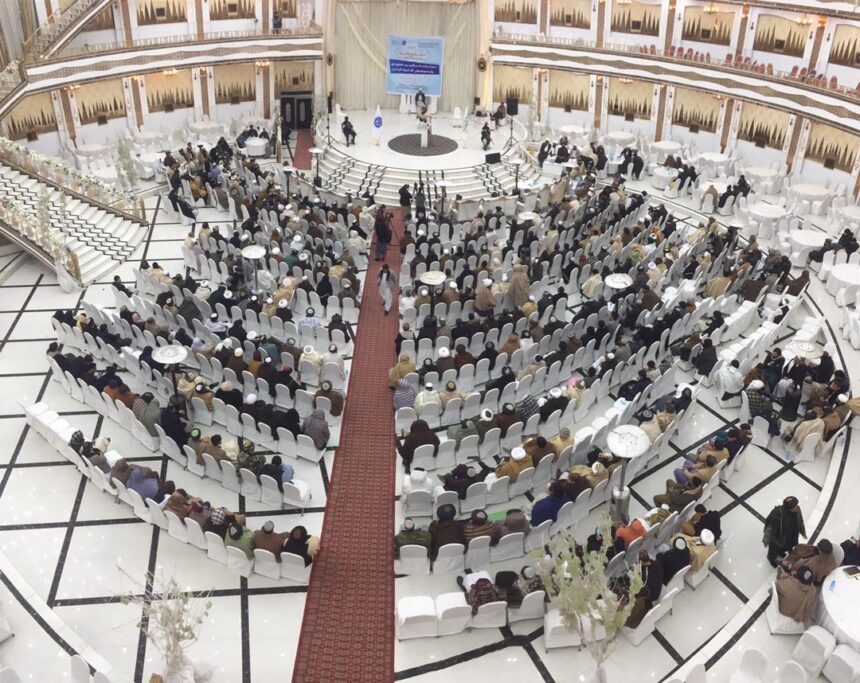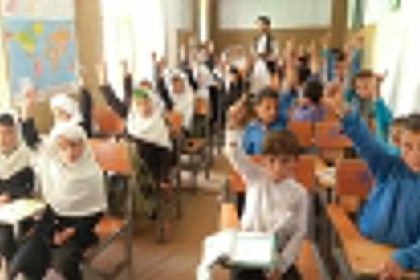RASC News Agency: Officials of the Taliban group in Herat Province convened a meeting titled “Herat Ethnic Coordination” on Tuesday, Feb 27, with the aim of fostering unity among ethnic groups and addressing their concerns. Abdul Khaliq Abed, the deputy minister of border affairs, ethnic groups, and tribes of the Taliban, stated during a visit to Herat Province, “They have come to address the people’s concerns, listen to their voices, and relay them to the central authorities for addressing the issues of ethnic groups.” He further added, “This year, 550 cases of ethnic and tribal disputes have been resolved.”
Conversely, some religious scholars and prominent figures in Herat Province criticized the Taliban’s unfulfilled promises, emphasizing the need for the Taliban to prioritize addressing the nation’s issues and fulfilling their commitments. Abdullah Achakzai, a prominent ethnic figure, expressed, “I extend a welcome to the Taliban authorities. Herat is a city for everyone, but we request that the people’s demands be heeded. When the Taliban authorities make promises, they must follow through. Our expectation is that their words are not merely written but translated into tangible actions and results.”
He further stated, “When they claim to raise issues to the attention of authorities, they should provide us with at least one document for a second time so that our voice reaches the Taliban authorities centrally.” Meanwhile, some religious scholars emphasized the resolution of citizens’ problems in Herat Province and advocated for the reopening of schools and universities for girls, stressing that societal progress is unattainable without education.
Sheikh Mohammad Motaheri, a Shiite religious scholar and a prominent figure of the Hazara community in Herat Province, emphasized, “The Afghanistan nation comprises various ethnic groups, and it is imperative for the Taliban to prioritize addressing the people’s issues. One of the significant concerns is the closure of schools and universities for girls, and the people demand their reopening. If they address people’s issues, they must pay attention to this domain.” Nevertheless, representatives of the Kochis (nomadic people) urged Taliban authorities to address the problems of this segment of society, criticizing the lack of attention paid to the Kochi community by the group.
Mohammad Nurzai, a prominent Kochi leader, elaborated, “One of the challenges faced by the Kochis is that, due to drought, they have either lost all their livestock or sold them due to poverty. Additionally, no assistance or cooperation has been provided by the Taliban for this segment of society.” While the Taliban organize a public gathering in Herat Province, many ethnic elders voice grievances about unfulfilled promises and the lack of attention to their issues by the authorities of this group.






